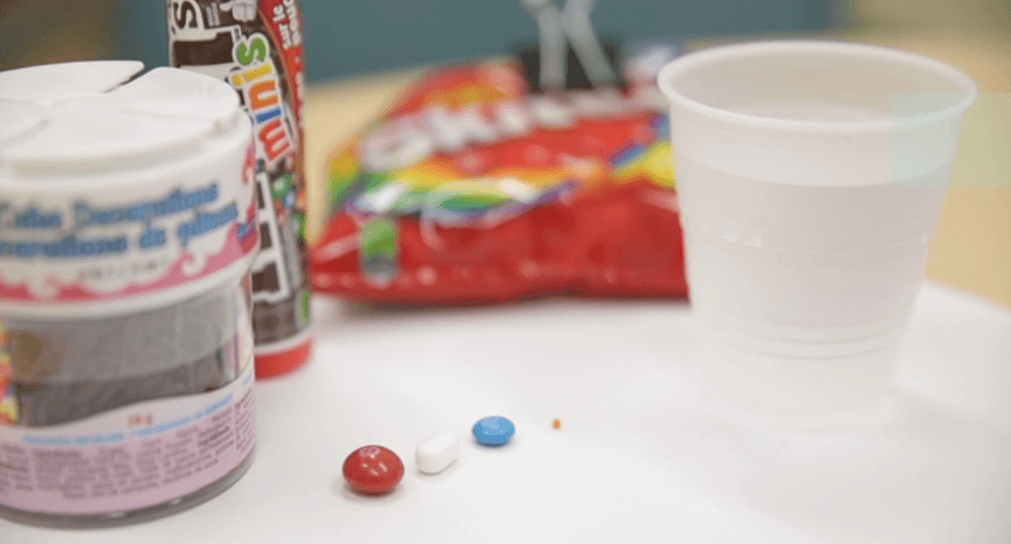Tracy Akitt, child life specialist at McMaster Children’s Hospital
Often parents will ask us for tips or tricks in regards to medications for their children. If your child has started a new medication, it’s important to think about how you’ll work with the school around that medication.
Managing medications at school
Some parents are fortunate in that the medication is taken twice a day. So they can give that first dose before school and then the second dose after school. Other times, the medication needs to be taken more frequently. In that case, you would have to provide some of the medication to the school for them to provide it to your child throughout the school day. In that case, it would be important to send the original bottle or packaging of the medication that the child’s required to take, so that the school is aware – and provide advance notice if possible. Also, if through the school year that dose happens to be adjusted, or your doctor changes the medication, it would be important to also let the school know.
Tips for swallowing pills
In thinking about going back to school, if your child struggles with taking their medication, you want to work on having them comfortable with doing that before they start school. So if they’re having trouble swallowing pills, that would be an important thing to start working on now so that they become more comfortable. We actually teach children how to swallow pills by getting very very tiny candy pieces and having them practice swallowing those with water and gradually increasing the size of the candy until we get to the size of the medication that they have to take. That’s a little tip that you might be able to to use at home to practice swallowing pills.
If your child truly is struggling and not doing well with swallowing pills then you might want to look at having a liquid dose of the medication to either have at home all the time or simply at the school to make it easier for the staff there to administer the medication.
Medication side effects
The last thing I want to mention are side effects. So if you notice that your child has any side effects from their medication, it might be smart to talk to the teacher about that. If your child gets a little drowsy or is more energetic as a result of the medication, being open with the teacher and sharing that information really helps set your child up for success. This allows the teacher to help problem solve how best to support your child while at school.
If you have any questions, your family doctor and pharmacists are always happy to to help, so do reach out to them.
Have a great back to school!

